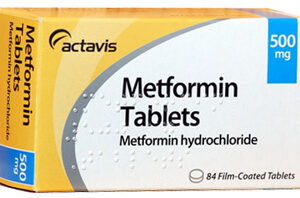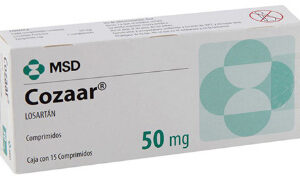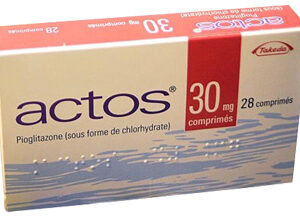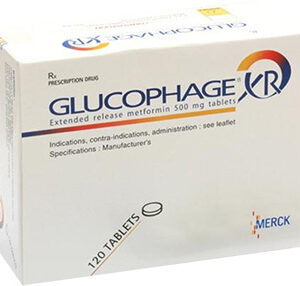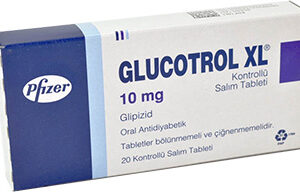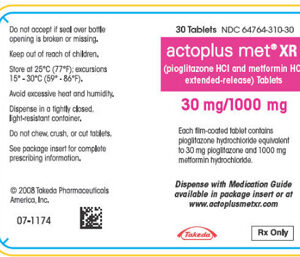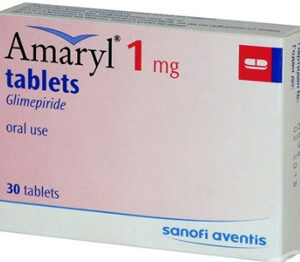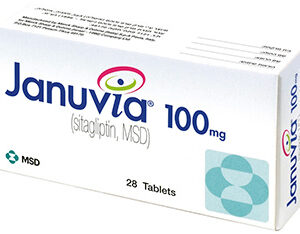Diabetes
Diabetes medications are designed to manage blood glucose levels and prevent complications. In Type 1 diabetes, where the body doesn’t produce insulin, treatments include insulin therapies such as Lantus (long-acting) and NovoLog (rapid-acting). Type 2 diabetes, characterized by insulin resistance or insufficient insulin production, involves a broader range of medications:
Metformin: Decreases glucose production in the liver and increases insulin sensitivity.
Sulfonylureas (e.g., Glipizide, Glyburide): Stimulate the pancreas to produce more insulin.
DPP-4 inhibitors (e.g., Sitagliptin, Linagliptin): Help the body continue to make insulin more efficiently.
SGLT2 inhibitors (e.g., Empagliflozin, Canagliflozin): Prevent the kidneys from reabsorbing glucose, increasing glucose excretion in urine.
GLP-1 agonists (e.g., Liraglutide, Exenatide): Mimic an intestinal hormone that stimulates insulin release.
